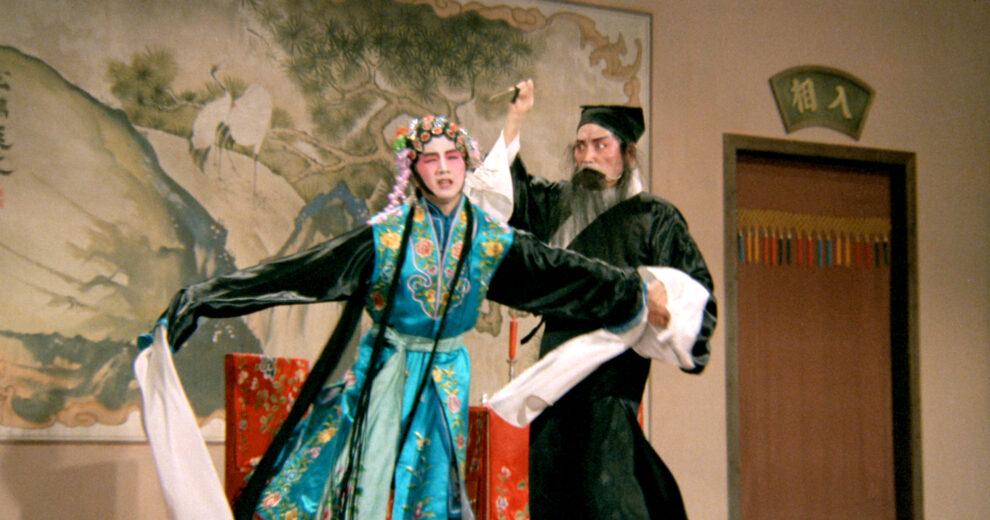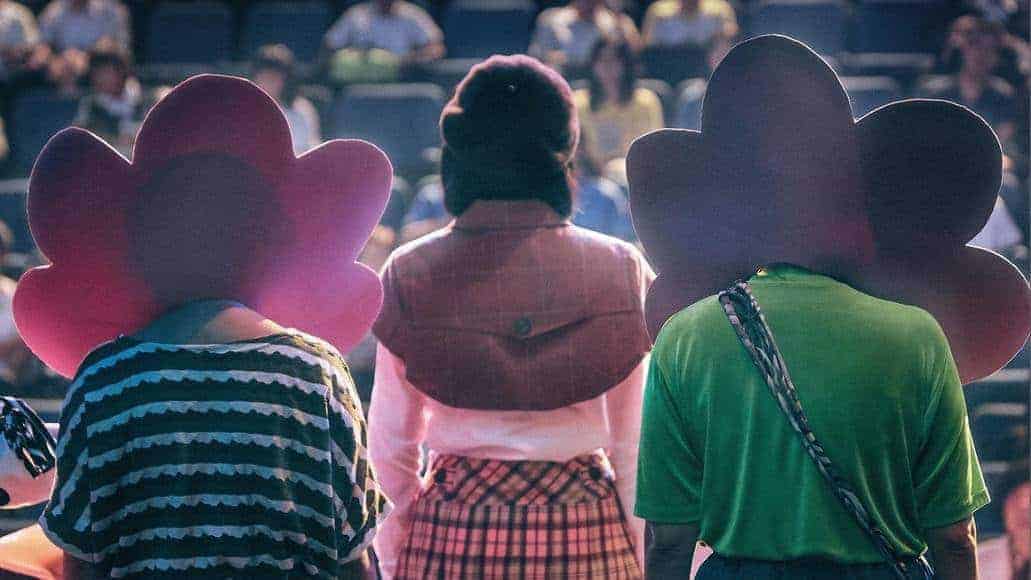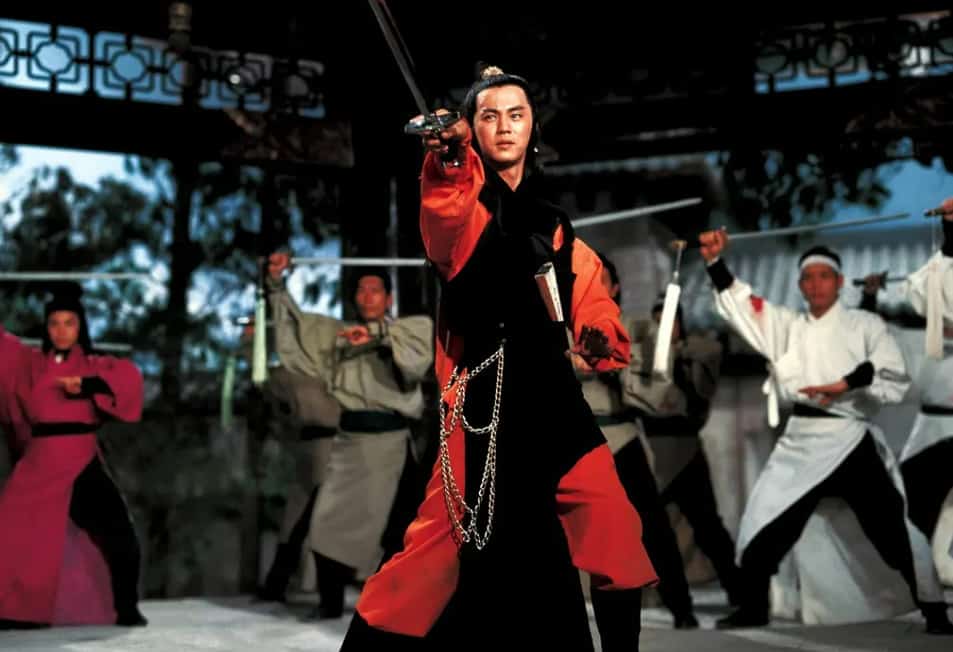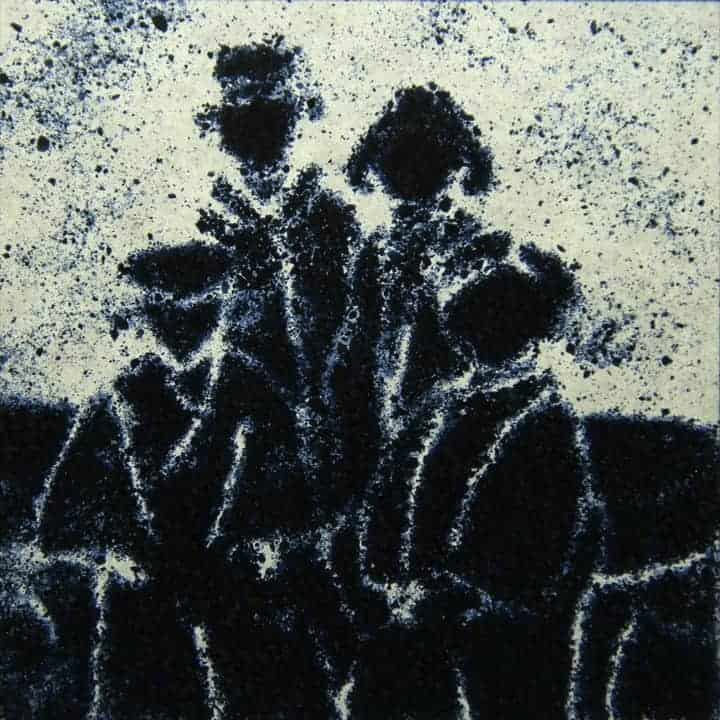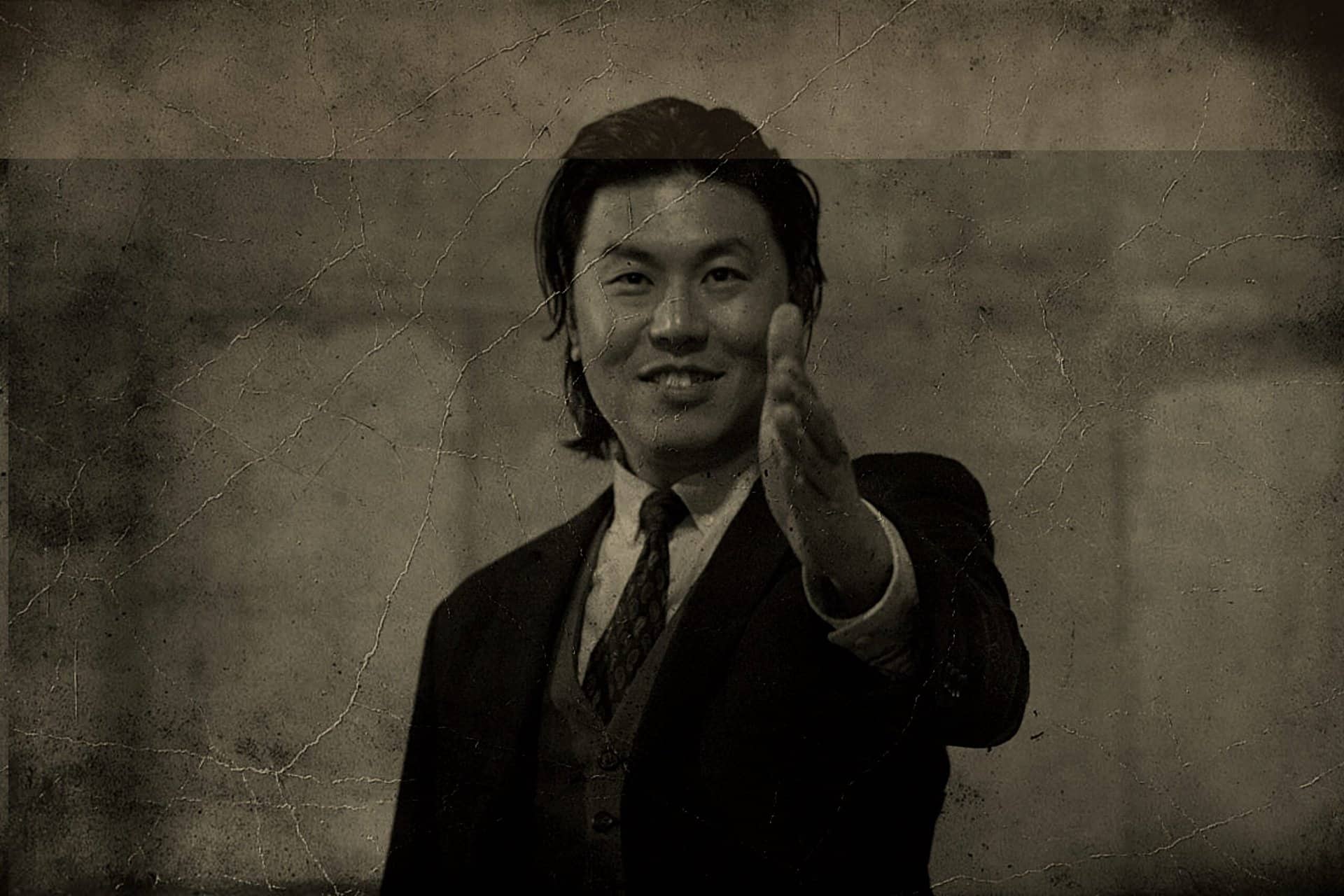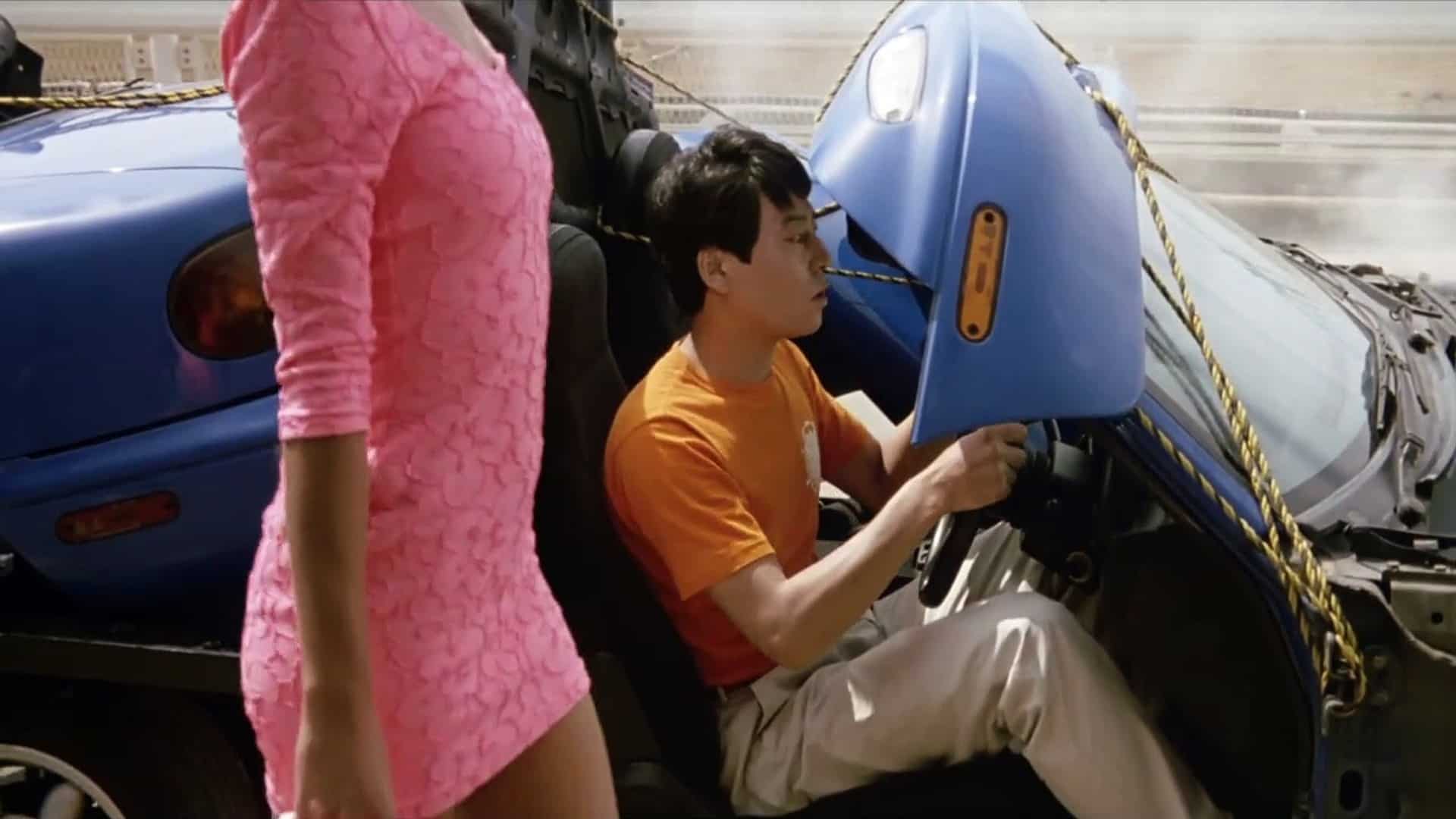While his features are praised for their inventive and stylish fight sequences, costumes and other aspects, one of King Hu's trademarks was the influence of Buddhist philosophy in his works. Destiny is perhaps the most significant motif linking all of his works, with many of his characters fulfilling their fate in the form of a prophecy or their principles, which is the fight against corruption within the world. King Hu has created tales that might be staged in the distant past, albeit one spiced with fantasy elements, but in the end they also reflect the present with its reliance on narratives to make sense of events and actions. In one of his last projects “The Wheel of Life”, which he co-directed with Hsing lee and Pai Ching-jui, we are told three tales from different periods in time, showcasing the influence of fate on people and the world around them, but which also pose the question whether we can escape the clutches of events predestined.
The Wheel of Life is screening at Five Flavours
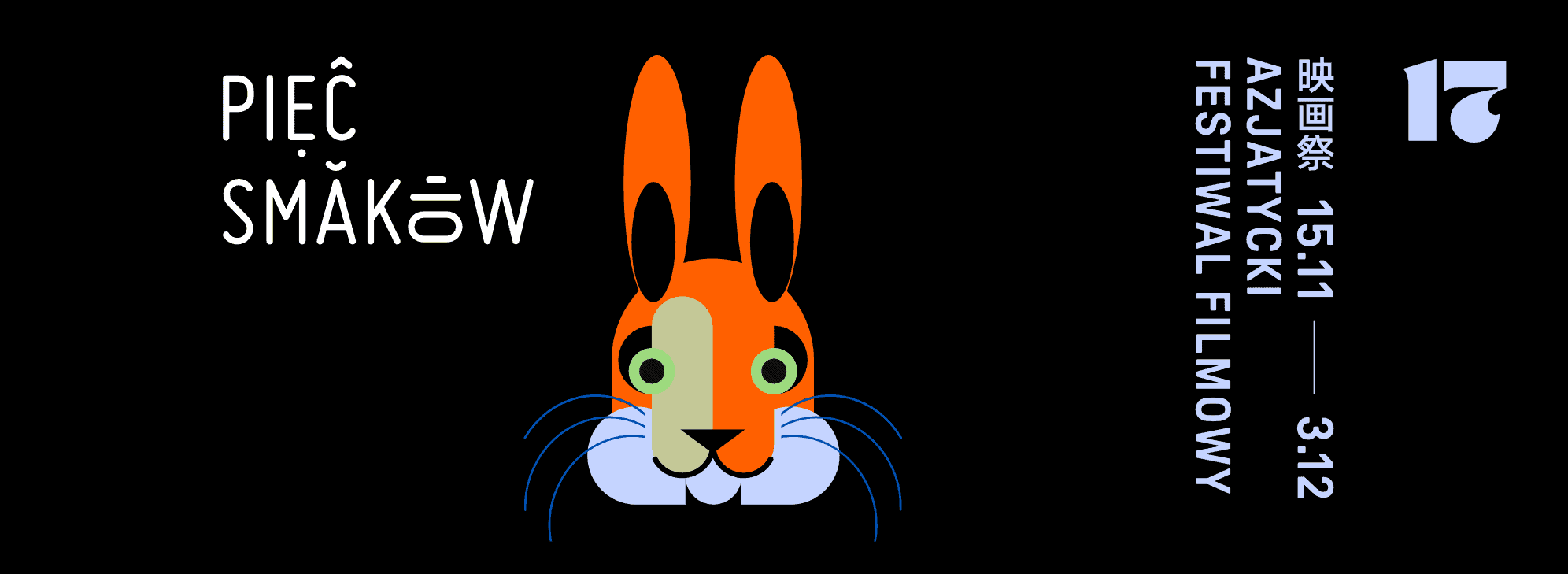
In the first episode, directed by Hu, an Imperial Guard Commissioner called Lu Zhenyi (Shih Chun) is on the hunt for rebels in the countryside. However, he is also on his way to marry Han Xuemei (Sylvia Peng), daughter of an influential official who was framed by the Imperial Guards. As she is still in love with the rebel leader Feng Rui (Chiang Hou-Jen), she must find a way out of this situation. Considering Lu is not only clever but also a martial-arts master, getting rid of him becomes a difficult task.
A peking opera troupe is at the center of the second episode, directed by Pai Ching-jui. The troupe has seen better days and is on the verge of breaking up, when they find an investor in Master Ma (Ching Hou-jen). Indeed, they find a new stage and a much larger audience, while Meng (Sylvia Peng), the young star of the troupe, begins an affair with the rich gentleman, much to the dislike of the troupe's manager, Miao (Shih Chun).
Check also this interview
The conclusion to “The Wheel of Time” comes with Hsing Lee's feature about a dancer (Sylvia Peng) who befriends a man named Qiusheng (Ching Hou-Jen). As he has never been outside the temple, where he has spent most of his life, his father, the high priest, warns him of the consequences when leaving the temple.
While there are a few differences within the three episodes, given the thematic framework, they feel more like a unit. Naturally, each director begins his own unique style to the project, but because each part of the “The Wheel of Time” is set in a different time, these variations make sense. Additionally, there are various echoes, establishing a closer link to what happened in the previous episode, thus establishing a bond between the characters (or rather their various incarnations). There is a strong feeling of being captive in a plot which has been told before and whose outcome seems set in stone, while the characters try to figure out a way to escape, which, of course, only furthers the catastrophic result. The interesting question is whether the real forces behind each tale, are the “gods” the priest in the third episode is addressing or the powerful rulers or politicians controlling the course of the world. Similar to the plays performed by the opera troupe in Pai Ching-jui's episode, we feel like watching a grand play, a tragedy with some ironic twists, where the players seem to know what will happen and the catastrophe their actions will lead them to.
Given the proximity to the world of stage performers, best indicated in the second and last episode, the performances along with the overall aesthetics of the feature emphasize the impression of watching a play. Ching Hou-jen, Sylvia Peng and Shih Chun add a layer of theatricality to their performances, while also a certain awareness of the dangers their character's actions could lead them to. The set design and the costumes define two more aspects within an overall visual concept which is very close to the stage, which on the one hand draws the audience in with the emotions of the characters, but on the other hand keeps the viewer at a critical distance. As mentioned before, we are asked to figure out the real powers in charge of the events, and perhaps even if the concept of predestination is mainly there to make us accept realities that keep us captive.
“The Wheel of Life” is an entertaining, but also thought-provoking drama. The three episodes directed by King Hu, Hsing Lee and Pai Ching-jui define a thematically and aesthetically harmonious tale about the real powers within our lives, whether we are capable of taking charge over our lives.


